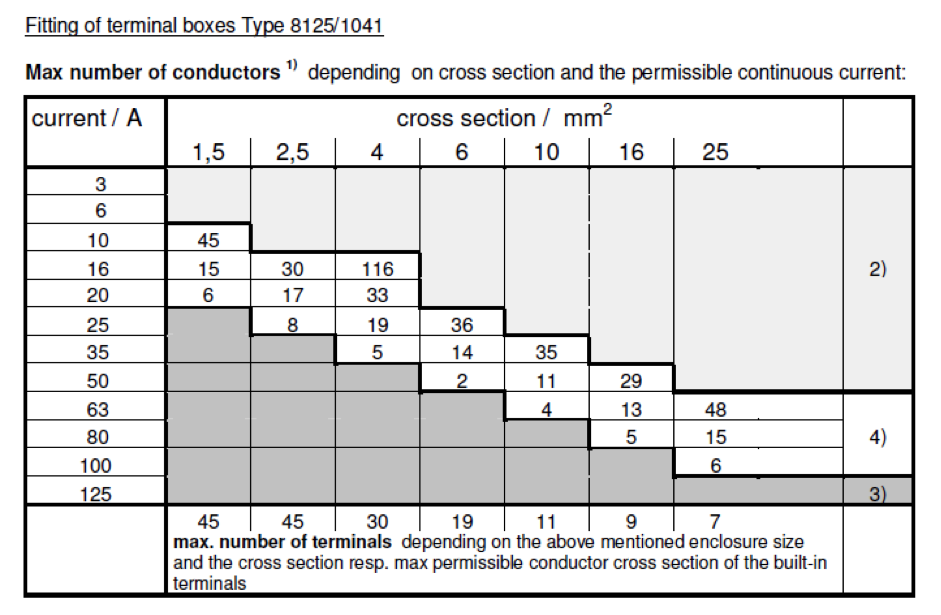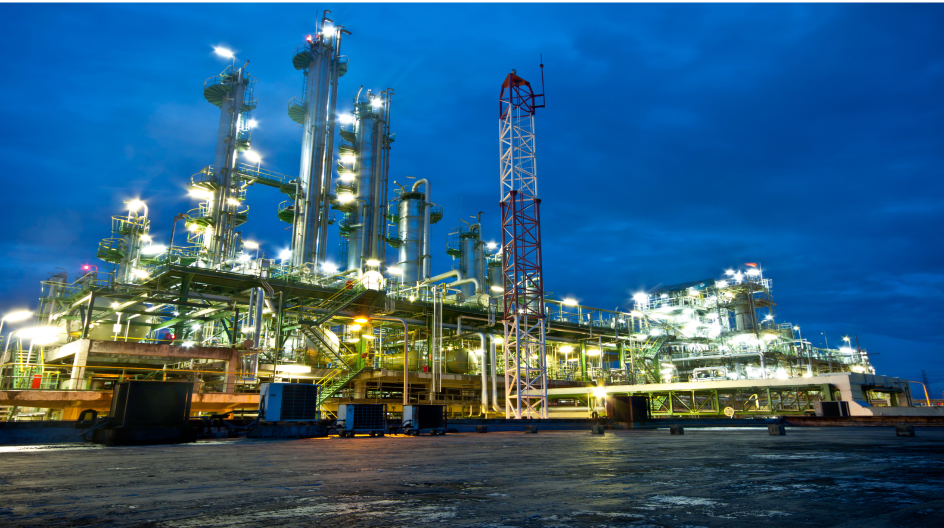Our Roar Solutions Statements
Our Roar Solutions Statements
Blog Article
Some Ideas on Roar Solutions You Should Know
Table of ContentsThe Main Principles Of Roar Solutions The Buzz on Roar SolutionsThe Definitive Guide for Roar Solutions
In such an environment a fire or surge is feasible when 3 standard problems are fulfilled. This is typically described as the "hazardous location" or "combustion" triangle. In order to protect installations from a possible surge a technique of evaluating and identifying a possibly unsafe location is called for. The purpose of this is to guarantee the proper option and installment of devices to ultimately prevent a surge and to ensure safety of life.
(https://www.sooperarticles.com/authors/794854/thomas-carrillo.html)
No tools should be mounted where the surface temperature level of the equipment is more than the ignition temperature of the offered danger. Below are some usual dust dangerous and their minimal ignition temperature level. Coal Dirt 380C 225C Polythene 420C (thaws) Methyl Cellulose 420C 320C Starch 460C 435C Flour 490C 340C Sugar 490C 460C Grain Dirt 510C 300C Phenolic Material 530C > 450C Aluminium 590C > 450C PVC 700C > 450C Residue 810C 570C The possibility of the risk existing in a concentration high enough to cause an ignition will differ from area to area.
Dangerous area electrical devices perhaps developed for usage in higher ambient temperatures. Field Repair Work By Authorised Worker: Challenging screening may not be required nevertheless particular treatments might need to be followed in order for the tools to preserve its third event ranking. Each item of tools with a hazardous ranking need to be evaluated independently.
Some Known Incorrect Statements About Roar Solutions
The devices register is a detailed data source of tools records that consists of a minimum set of areas to recognize each product's place, technical specifications, Ex-spouse category, age, and environmental data. The ratio of Detailed to Close assessments will certainly be established by the Tools Risk, which is examined based on ignition risk (the possibility of a source of ignition versus the possibility of a flammable ambience )and the hazardous location classification
( Zone 0, 1, or 2). Carrying out a durable Risk-Based Evaluation( RBI )approach is essential for guaranteeing compliance and security in handling Electric Equipment in Hazardous Locations( EEHA).
The Roar Solutions Diaries

In terms of explosive threat, a hazardous area is a setting in which an eruptive atmosphere is existing (or might be anticipated to be existing) in amounts that need unique precautions for the construction, setup and use equipment. electrical refresher course. In this short article we discover the challenges encountered in the work environment, the danger control measures, and the needed competencies to function securely
It is an effect of modern life that we Click Here make, save or take care of a series of gases or fluids that are considered flammable, and a variety of dirts that are regarded combustible. These materials can, in specific conditions, develop explosive atmospheres and these can have significant and tragic effects. The majority of us are acquainted with the fire triangular eliminate any type of one of the three aspects and the fire can not take place, yet what does this mean in the context of hazardous locations? When damaging this down into its simplest terms it is essentially: a combination of a certain amount of launch or leakage of a particular material or material, blending with ambient oxygen, and the presence of a resource of ignition.
In most instances, we can do little concerning the levels of oxygen in the air, but we can have considerable influence on sources of ignition, for example electric equipment. Harmful locations are recorded on the harmful location classification drawing and are recognized on-site by the triangular "EX" indication. Here, amongst other crucial information, zones are split into three types depending on the risk, the chance and period that an eruptive ambience will certainly exist; Area 0 or 20 is regarded one of the most unsafe and Area 2 or 22 is regarded the least.
Report this page